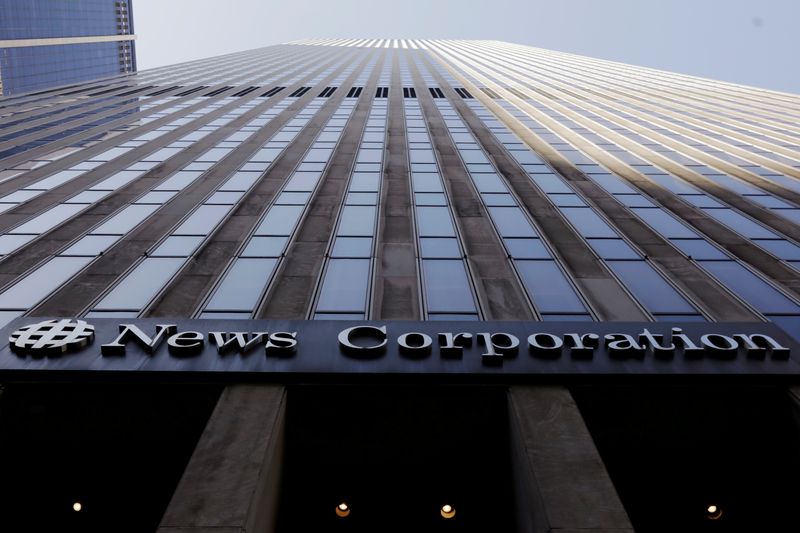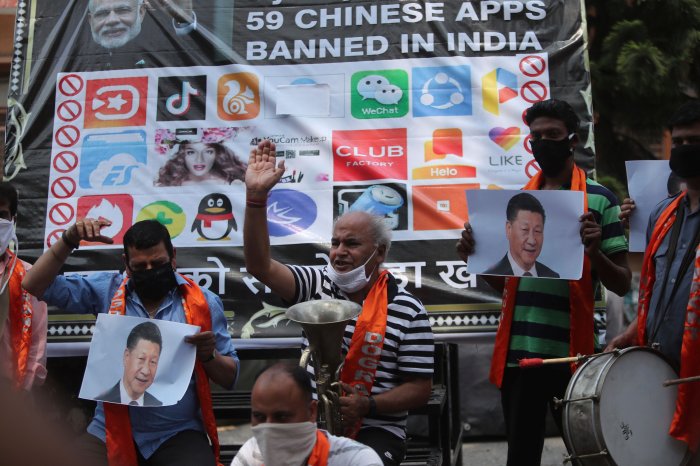SYDNEY (Reuters) – The architect of Australia’s new law making Alphabet Inc’s Google and Facebook Inc pay news outlets for content on Thursday rejected a suggestion the move was the result of lobbying by News Corp, calling the claim “extremely strange”.
Australian Competition and Consumer Commission (ACCC) chair Rod Sims, who oversaw drafting of the law, acknowledged the negotiating system was proposed by the Rupert Murdoch-controlled publisher but said all major media operators in the country supported it.
Asked at an FT conference in Britain if Australia had acted at the behest of News Corp, Sims said Google had “sent emails to all parliamentarians saying ‘don’t let big business control the internet’, and they were of course referring to News Corp.”
“News Corp is 1% the size of Google. News Corp is one of four main media companies (in Australia). It’s very likely not the one with the biggest reach. I just think this is a line put out by Google,” Sims added.
“There were many people giving us ideas. News Corp was but one. This whole notion that this is about News Corp is extremely strange.”
Representatives of Google and News Corp in Australia were not immediately available for comment. Some critics of the new media law have suggested that the Australian government acted because of lobbying by powerful media interests including News Corp.
Australia in February passed laws that make the Big Tech players such as Google and Facebook pay media companies for content on their platforms. If the online giants and media companies can’t strike a deal, the government appoints an arbitrator to do it for them.
For months before, the U.S. tech companies mounted a vocal campaign against the law including threats to withdraw their business from the country. Days before the law was passed, Facebook temporarily shut down all third-party content in Australia, including emergency and healthcare feeds.
Sims said he was surprised by Facebook’s move and added that, by blacking out important public information, “they sort of overshot and did themselves a bit of harm”. A Facebook spokesperson was not immediately available for comment.
The blackout was widely criticised by lawmakers in Australia and around the world.
(Reporting by Byron Kaye; Editing by Ana Nicolaci da Costa)



















